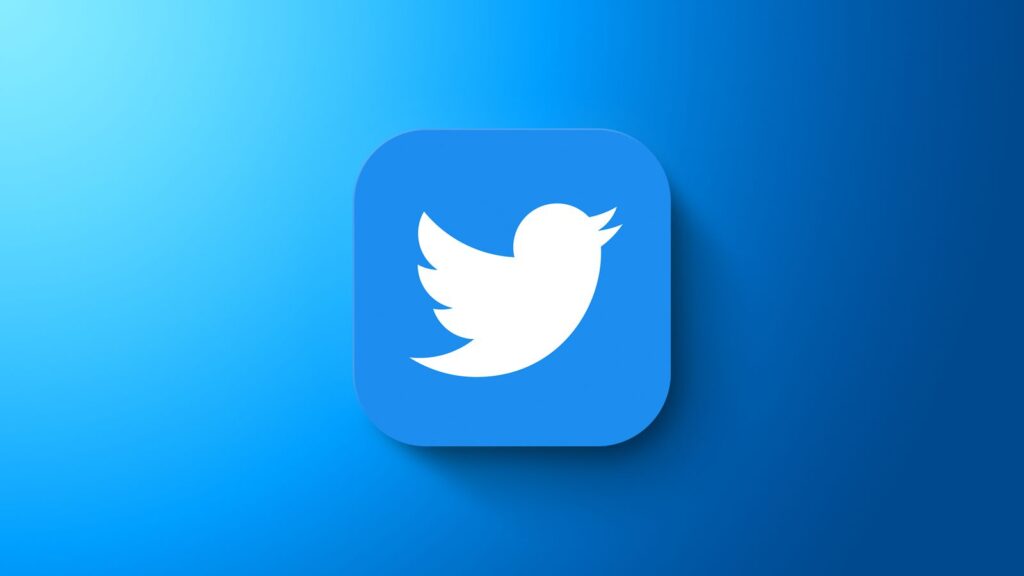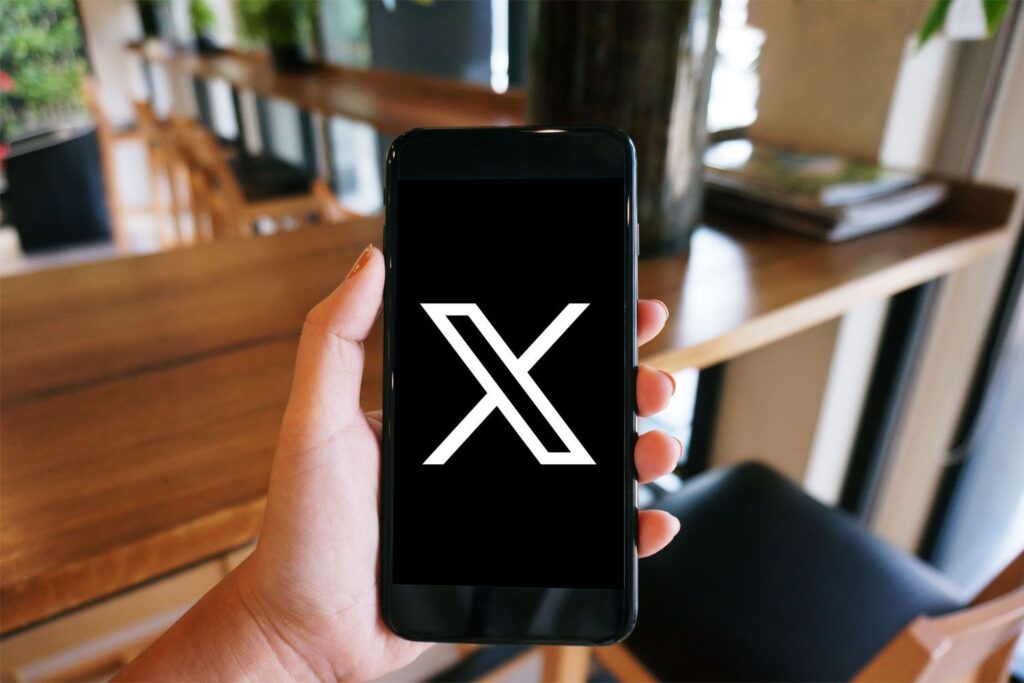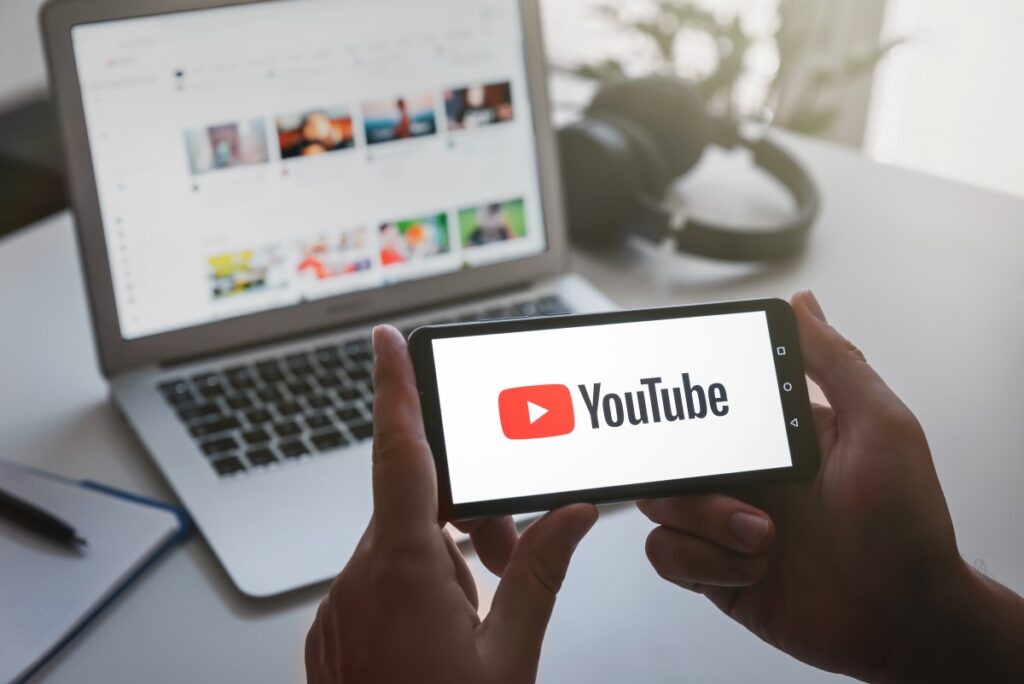
Facebook, launched on February 4, 2004, by Mark Zuckerberg and his college roommates, is one of the world’s largest social networking platforms. Originally designed for Harvard students, it quickly expanded to other universities and eventually to anyone over the age of 13 with a valid email address. Facebook allows users to create personal profiles, post text updates, share photos and videos, send messages, and keep in touch with friends, family, and colleagues. The platform also supports various user-generated and commercial groups and pages, enabling individuals and organizations to engage with broader audiences. Over the years, Facebook has influenced significant social and cultural shifts, shaping how people communicate and consume information online.
What’s the public’s verdict? Share your thoughts and discuss below!



